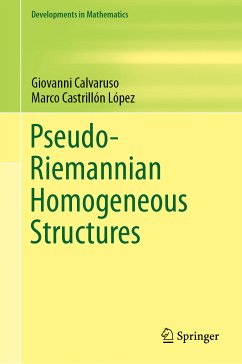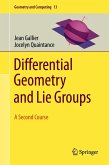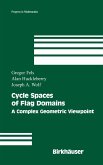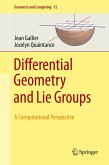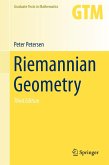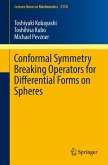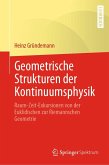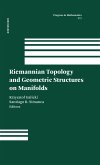Since the seminal book by Tricerri and Vanhecke, the theory of homogeneous structures has been considerably developed and many applications have been found. The present work covers a gap in the literature of more than 35 years, presenting the latest contributions to the field in a modern geometric approach, with special focus on manifolds equipped with pseudo-Riemannian metrics.
This unique reference on the topic will be of interest to researchers working in areas of mathematics where homogeneous spaces play an important role, such as Differential Geometry, Global Analysis, General Relativity, and Particle Physics.
Dieser Download kann aus rechtlichen Gründen nur mit Rechnungsadresse in A, B, BG, CY, CZ, D, DK, EW, E, FIN, F, GR, HR, H, IRL, I, LT, L, LR, M, NL, PL, P, R, S, SLO, SK ausgeliefert werden.

